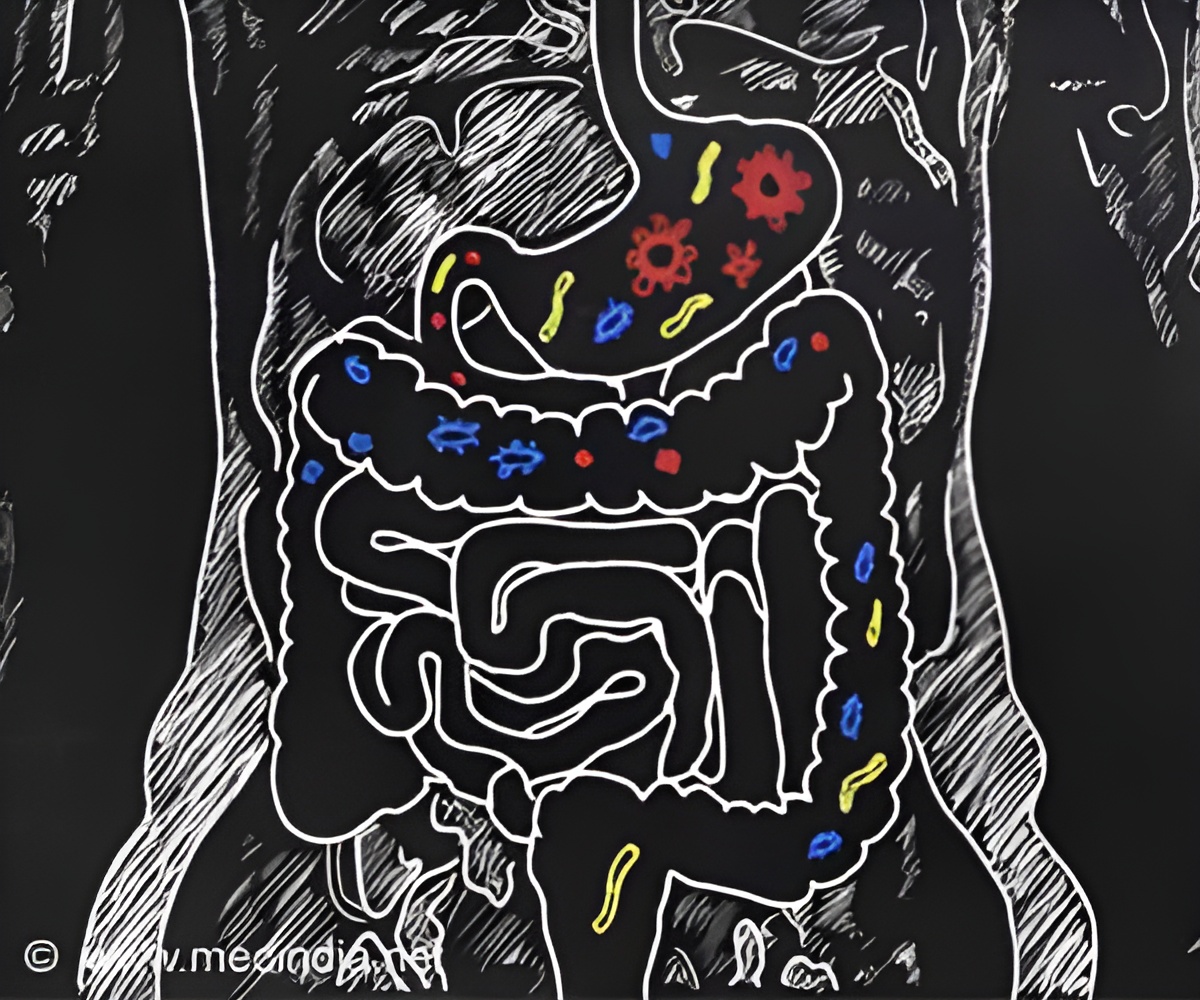Common food additive 'E171' is composed of titanium dioxide nanoparticles and widely used in the food industry and some medicines as a whitening agent can do more harm than good to your gut microbiota, reveals a new study.

‘Food additive 'E171' is composed of titanium dioxide nanoparticles and widely used in the food industry and some medicines as a whitening agent. However, a new study suggests that this common food additive can do more harm than good to your gut microbiota.’
Read More..




The study investigated the health impacts of food additive E171 (titanium dioxide nanoparticles) which is commonly used in high quantities in foods and some medicines as a whitening agent. Found in more than 900 food products such as chewing gum and mayonnaise, E171 is consumed in high proportion every day by the general population.Read More..
The mice study found that consumption of food containing E171 has an impact on the gut microbiota (defined by the trillions of bacteria that inhabit the gut) which could trigger diseases such as inflammatory bowel diseases and colorectal cancer.
Co-lead author Associate Professor Wojciech Chrzanowski said the study added substantially to a body of work on nanoparticle toxicity and safety and their impact on health and environment.
"The aim of this research is to stimulate discussions on new standards and regulations to ensure the safe use of nanoparticles in Australia and globally," he said.
While nanoparticles have been commonly used in medicines, foods, clothing, and other applications, the possible impacts of nanoparticles, especially their long term effects, are still poorly understood.
Advertisement
Increasing rates of dementia, auto-immune diseases, cancer metastasis, eczema, asthma, and autism are among a growing list of diseases that have been linked to soaring exposure to nanoparticles.
Advertisement
"There is increasing evidence that continuous exposure to nanoparticles has an impact on gut microbiota composition, and since gut microbiota is a gatekeeper of our health, any changes to its function have an influence on overall health."
"This study presents pivotal evidence that consumption of food containing food additive E171 (titanium dioxide) affects gut microbiota as well as inflammation in the gut, which could lead to diseases such as inflammatory bowel diseases and colorectal cancer," he said.
Co-lead author Associate Professor Laurence Macia from the University of Sydney said: "Our research showed that titanium dioxide interacts with bacteria in the gut and impairs some of their functions which may result in the development of diseases. We are saying that its consumption should be better regulated by food authorities."
"This study investigated effects of titanium dioxide on gut health in mice and found that titanium dioxide did not change the composition of gut microbiota, but instead it affected bacteria activity and promoted their growth in the form of undesired biofilm. Biofilms are bacteria that stick together, and the formation of biofilm has been reported in diseases such as colorectal cancer," said Associate Professor Macia, who is an immunologist expert on the impacts of the gut and gut microbiota on health from the Faculty of Medicine and Health and the Charles Perkins Centre.
Source-Eurekalert















